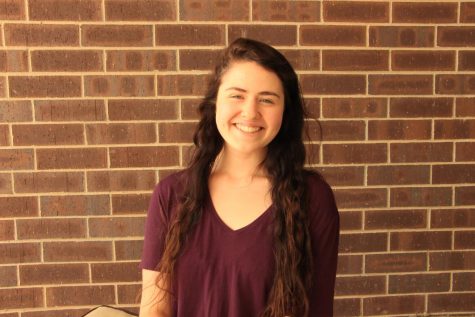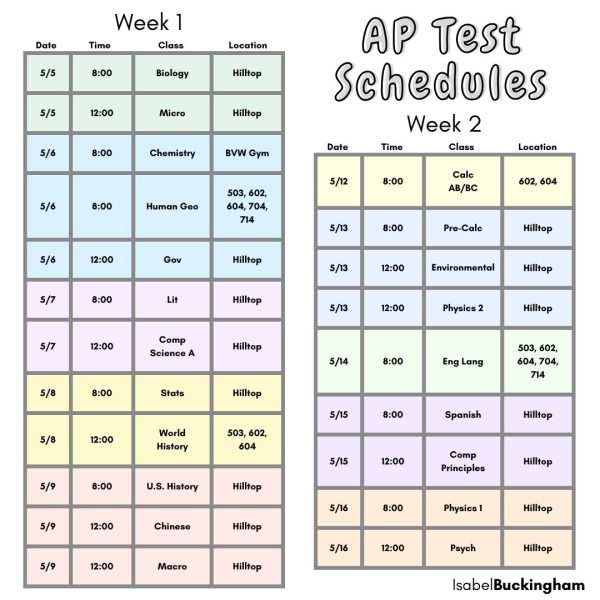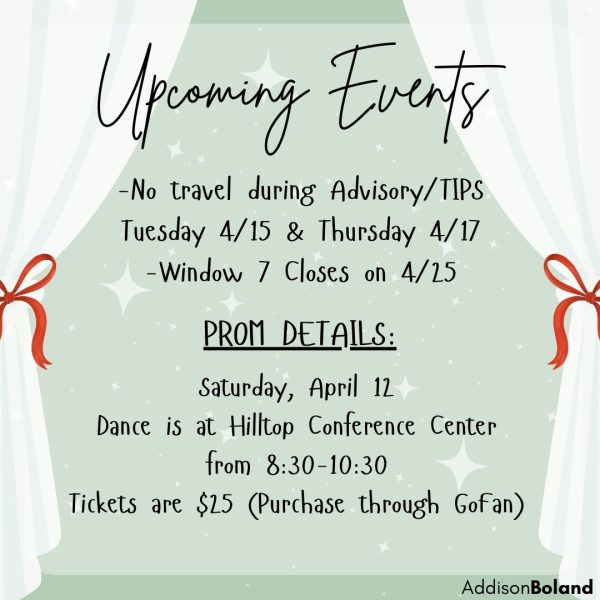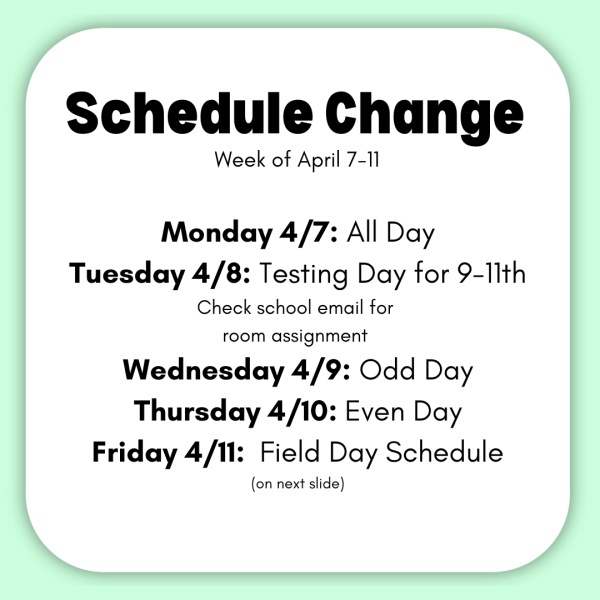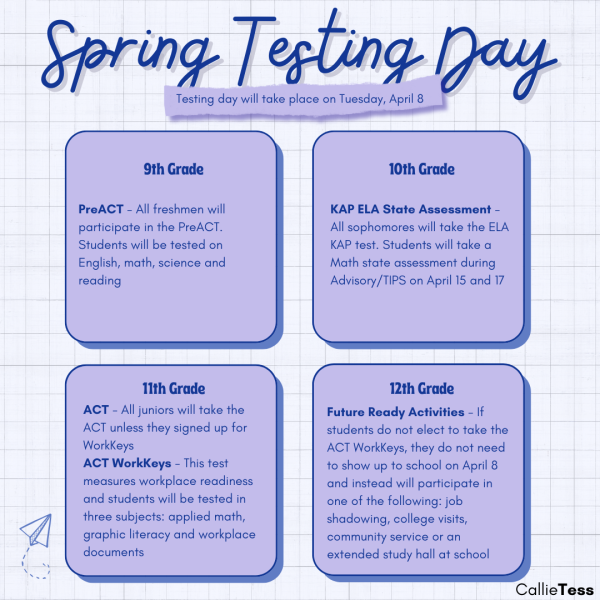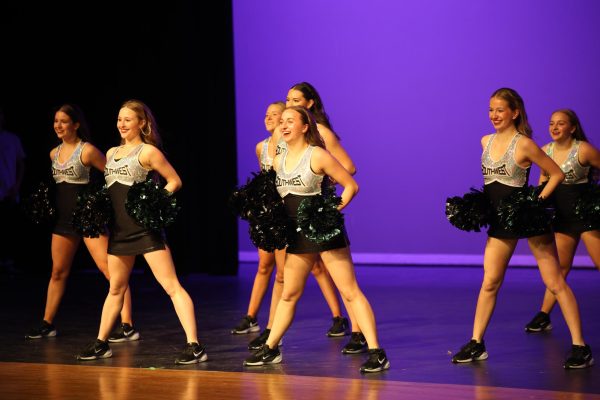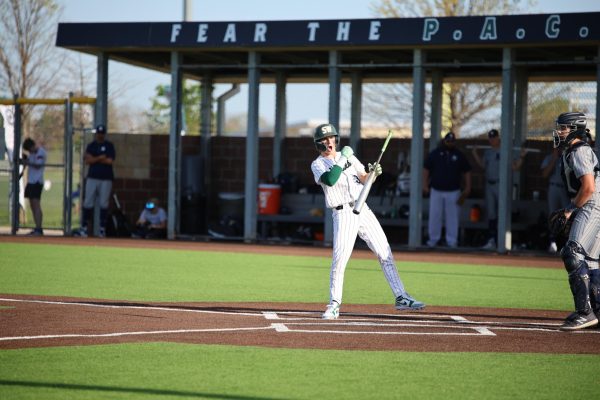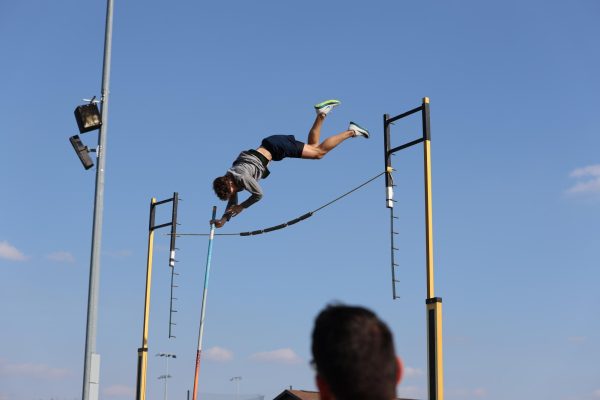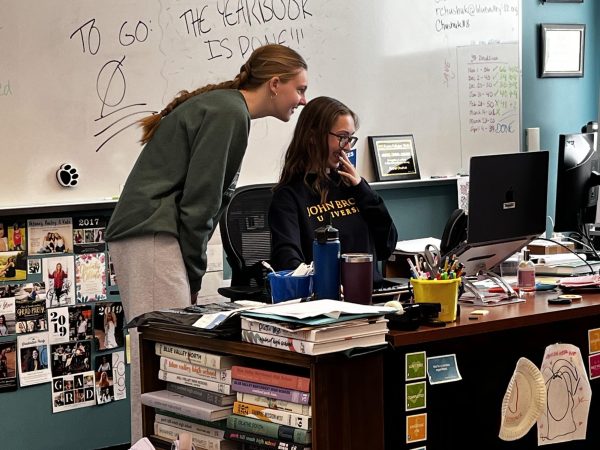Time well spent
Roughly 62 million Americans volunteer in some way, shape or form for their community every year. Of those 62.6 million, 15.5 million are teens, aging 12 to 18 years old, reports the Corporation for National and Community Service.
Teens serve both locally and globally in an attempt to help communities grow, and students here are contributing to that effort. Some changes in advisory this year have been made in order to promote a growth in this effort. Junior Mallory Peterman, who is involved in community service both inside and outside of school, said she has noticed the change in advisory this year.
“I think advisory this year is . . . more focused on community service,” Peterman said. “Last year it was more of just a class to check in with you. It almost acted as our weekly homeroom. I think it has evolved. I think it’s gotten somewhere, slowly, but surely.”
The plan for the school’s focus on community service was implemented before the school year began, according to gifted teacher Julie Hess.
“I believe [principal Scott] Roberts, at the beginning of school during our pre-planning week, shared with us that we would all be working together toward a common thing during advisory time and that our school-wide theme would be community service,” Hess said.
As the school year has progressed, many advisory classes have begun to brainstorm ideas for projects and have even begun helping the community, as exemplified by Hess’s advisory class. Hess said many students contributed ideas they were passionate about, and it was difficult to pick one. Hess said the time constraint was an issue, but eventually a decision was made and a plan was created under the leadership of Peterman and junior Christie Seyl, who are both in Hess’s advisory.
“I am working with my friend Christie and my peers to start and conduct a coat drive at the school that is going to give all these coats to a homeless shelter called Hope Faith down in KC, Missouri,” Peterman said.
Peterman and Seyl offered candy and a Chick-fil-A gift card to anyone who brought coats, as well as spirit points. The coat drive was carried out from Nov. 5 to Nov. 10, with a total of 67 coats collected. Peterman said the grade who won the most spirit points was the junior class.
In addition to the coat drive, broadcast teacher Steve Cortez and his class recently put together boxes of toys for poor children. Cortez said him and his advisory students do a community service project every year, so this one was an addition to the tradition.
“It’s pretty neat seeing them grow up and still giving all this time and you know, they’re my seniors,” Cortez said. “I feel really attached to them. I’m really proud of them and they’re great kids. It’s been driven by them, not me, so I’ve only been there to help.”
Senior Cade Forrest, part of Cortez’s advisory class, said while he was skeptical before the project began due to the fact that it was outside of school, it turned out to be successful.
“My favorite part was going and finding all of the things that I need to put in the box, because it kind of reminded me of all the things that I liked to do as a kid,” Forrest said.
Another student in Cortez’s class, senior Saketh Bhavanasi, said he enjoyed the project as well.
“Our advisory has a community service project every year, so [we’re] just continuing the tradition,” Bhavanasi said. “I think it’s cool how we’re helping the community and disadvantaged kids who would not normally get presents for Christmas and now they can.”
Hess said she thinks people will be influenced and inspired by seeing other students working on helping the community both through advisory and outside advisory, and that she hopes the impact will reach all students.
In addition, Peterman said community service is an important aspect in a person’s life, and that there are many ways to be a part of a project that’s interesting and unique to each person. She also said students should focus on the opportunities they see around them and start there if they want to get involved.
“Community service makes you a better person, first and foremost,” Peterman said. “It adds something that you can’t possibly get from school or at home. It adds interactions with people you never would have met before and you may never meet again because that’s just how it works and those interactions are crucial to becoming a good human, a profound human, and a generous and compassionate human. I don’t think that can be forced. I don’t think those qualities can be earned or developed overnight.”


